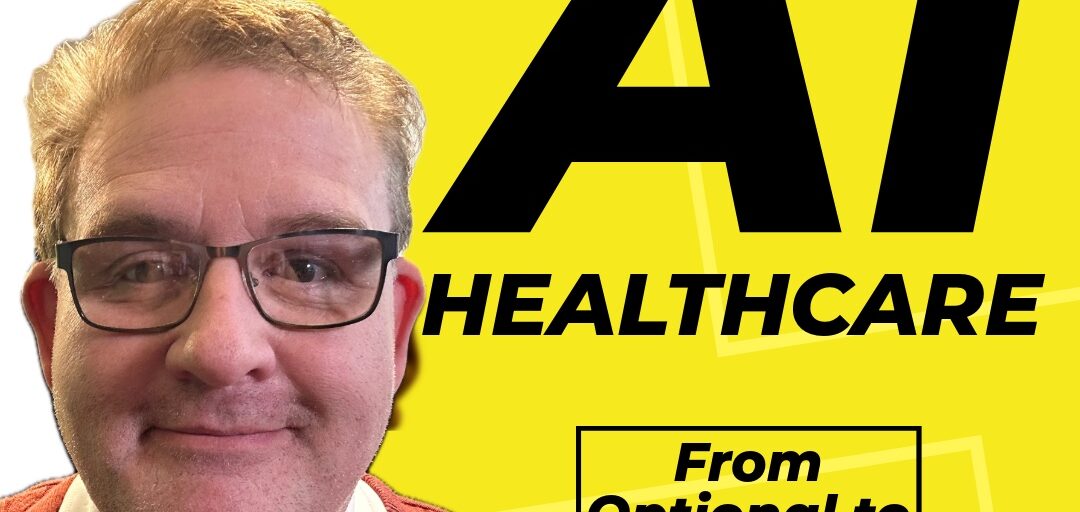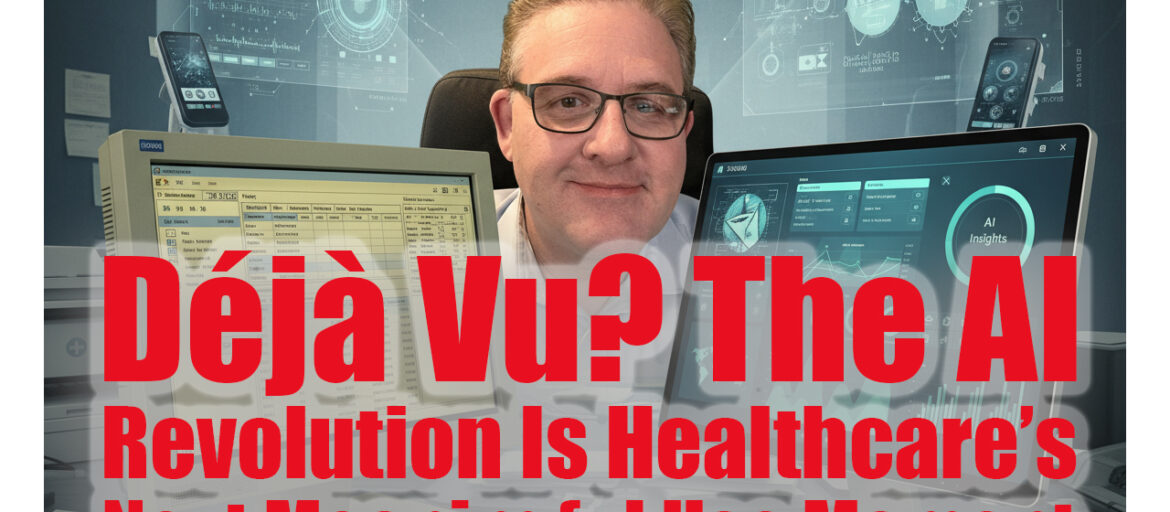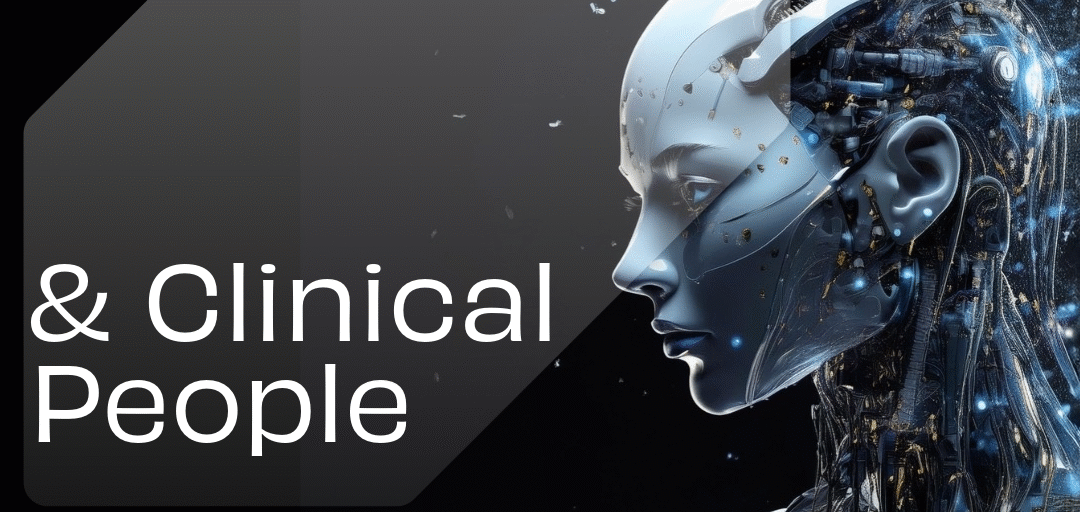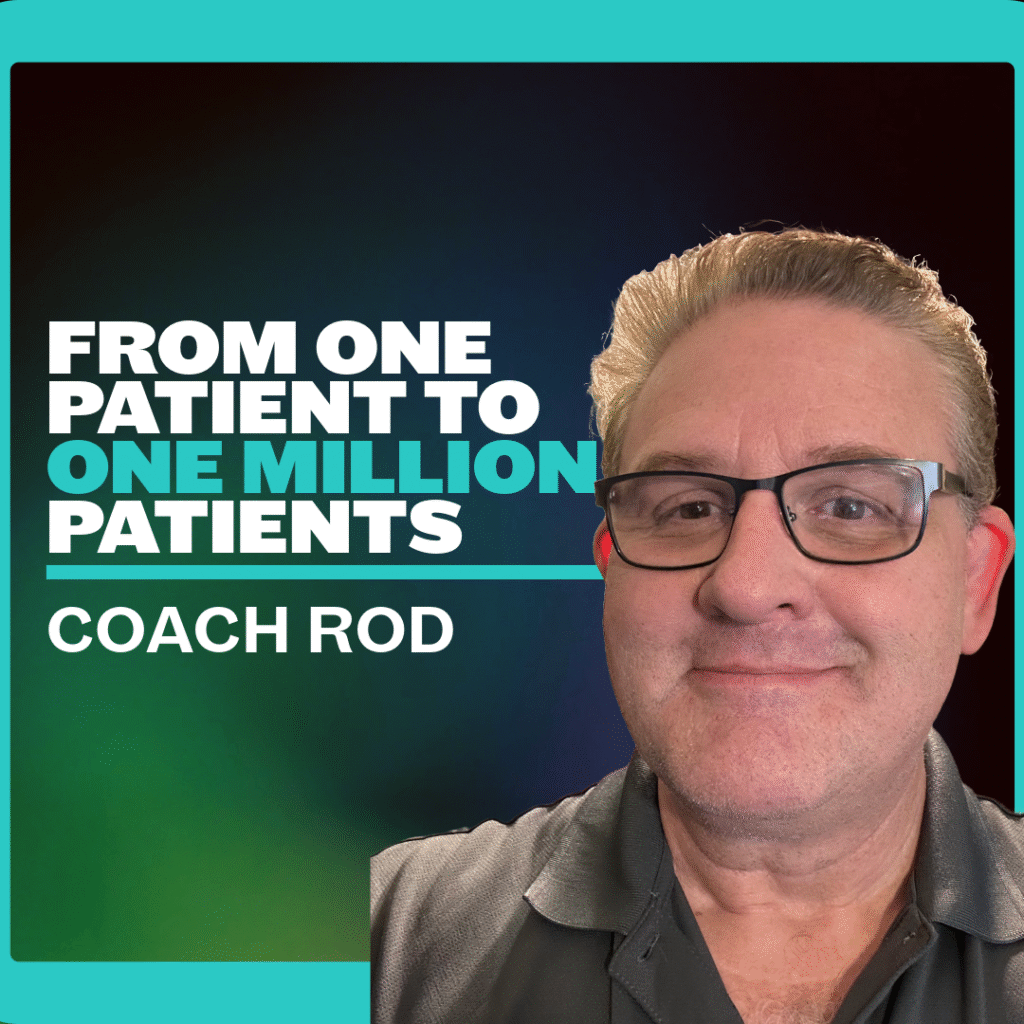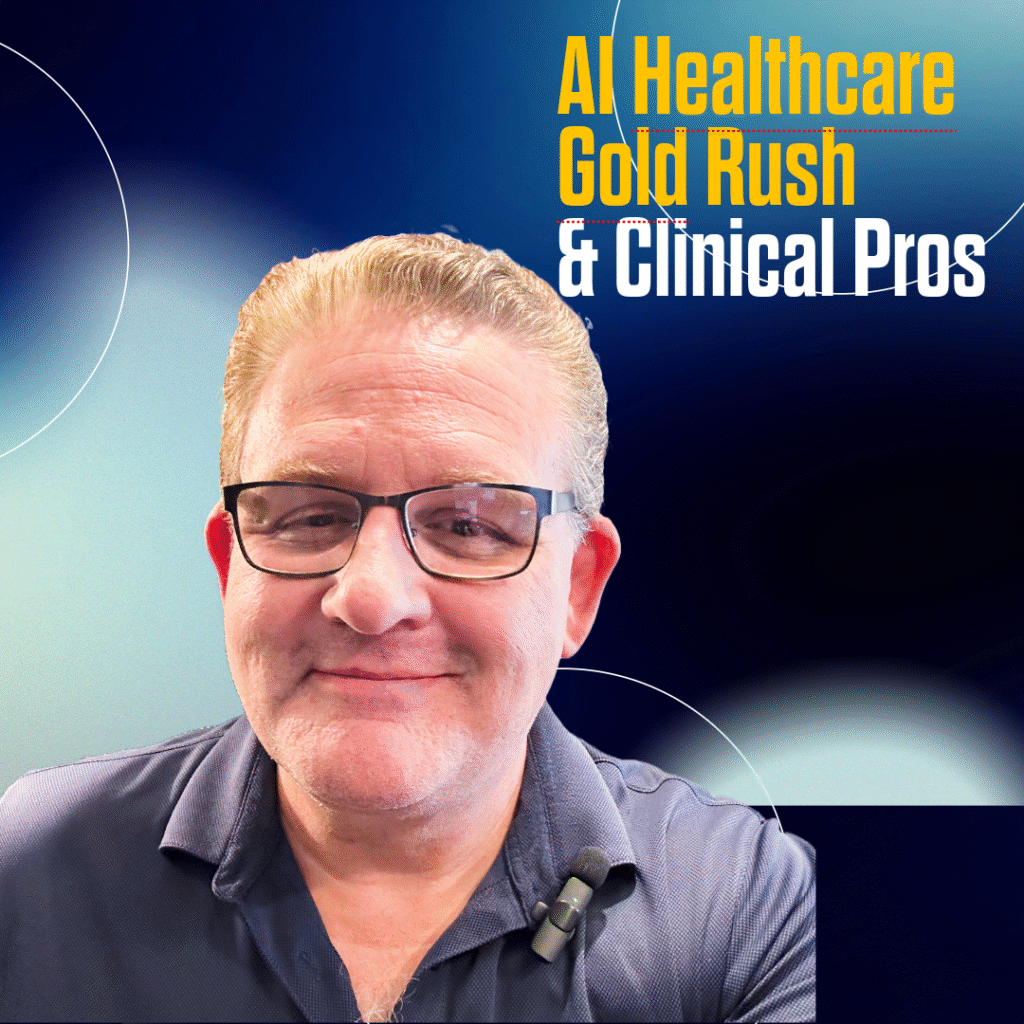Are you wondering if your ambient intelligence clinical expertise will matter as AI transforms healthcare? Here’s the revolutionary truth that changes everything: ambient intelligence clinical expertise isn’t becoming obsolete—it’s becoming the most valuable skill set in modern healthcare. The ambient intelligence revolution happening right now needs clinical professionals who understand that technology amplifies rather than replaces human expertise. Your ambient intelligence clinical expertise is exactly what healthcare organizations need to ensure AI systems actually work in real clinical settings, creating unprecedented opportunities for nurses and doctors ready to lead healthcare’s digital transformation.
The Ambient Intelligence Revolution is Already Here
Forget the science fiction predictions. Ambient intelligence is happening right now in hospitals and clinics worldwide. We’re witnessing “a new era of ambient intelligence in healthcare” that combines natural interaction with real-time intelligence.
What This Means: AI systems that seamlessly integrate into clinical environments, capturing and processing patient data in real-time without interrupting your workflow. Think of it as having an invisible, intelligent assistant that understands medical conversations and transforms them into actionable insights.
The Microsoft Reality: Some healthcare organizations remember the original Star Trek computer that would listen to conversations and weigh in with guidance. Today’s ambient intelligence has achieved that level of sophistication, but it needs clinical professionals to guide its implementation and ensure it serves patients effectively.
Why Your Clinical Expertise is the Missing Piece
Healthcare AI companies have learned a painful lesson: brilliant engineering means nothing if the technology doesn’t work in real healthcare settings. Too many AI systems have failed because they were designed by engineers who’d never worked a clinical shift.
Your Clinical Workflow Knowledge: You understand the intricate dance of healthcare delivery—how nurses coordinate care, how doctors make decisions under pressure, how patients move through care systems. This knowledge is impossible to learn in a classroom and invaluable for AI implementation.
Real-World Example: A surgical AI system looked impressive in laboratory testing but failed miserably in actual operating rooms because it didn’t account for the communication patterns between surgeons and nurses during complex procedures. Only clinical professionals understood why the system wasn’t working.
The Clinical Pattern Recognition Advantage
AI systems excel at identifying patterns, but they need clinical professionals to teach them which patterns actually matter for patient care.
Your Pattern Recognition Skills: Years of clinical experience have taught you to recognize subtle changes in patient condition, identify early warning signs, and predict care needs. These skills become the foundation for AI systems that monitor thousands of patients simultaneously.
The Amplification Effect: When you teach AI systems to recognize the same patterns you use at bedside, those systems can provide decision support to hundreds of other clinicians. Your clinical judgment gets amplified across entire healthcare networks.
Dr. Martinez’s Success Story: An emergency department physician who helped train an AI system to recognize early sepsis indicators. “The AI learned to identify the subtle combination of symptoms I’d look for—not just vital signs, but patient behavior, skin color changes, and verbal responses. Now that system is helping emergency departments nationwide catch sepsis hours earlier than traditional protocols.”
Your Safety Intuition is Irreplaceable
Healthcare AI systems are prone to “hallucination”—making up “facts” and presenting them as real. Your clinical experience provides the safety net that prevents these errors from harming patients.
Clinical Safety Awareness: Your understanding of healthcare ethics and patient safety ensures AI systems enhance rather than compromise the therapeutic relationship. You know when an AI recommendation makes clinical sense and when it’s dangerously wrong.
The Coalition for Health AI: Healthcare organizations are joining collaborative entities like the Coalition for Health AI to ensure responsible AI use. They need clinical professionals who understand both patient care and AI capabilities to guide these efforts.
Your Role: You become the bridge between AI capabilities and patient safety, ensuring that technological innovation serves human health rather than just technological impressiveness.
The Ambient Intelligence Opportunity Explosion
The integration of ambient intelligence into healthcare is creating unprecedented opportunities for clinical professionals who understand how to leverage this technology.
AI Implementation Specialist: Guide healthcare organizations in deploying ambient intelligence systems that actually work in clinical settings. Your clinical credibility opens doors that technical consultants can’t access.
Clinical AI Trainer: Teach AI systems to recognize clinical patterns and provide appropriate decision support. Your expertise becomes the foundation for AI that serves patients effectively.
Ambient Intelligence Consultant: Help healthcare organizations optimize their ambient AI workflows to improve both patient care and provider satisfaction.
Product Development Partner: Work with technology companies to ensure ambient intelligence tools meet real clinical needs rather than just technical specifications.
The Relationship Enhancement Factor
Here’s what makes ambient intelligence truly revolutionary: it enhances rather than replaces human connection. When AI handles routine tasks, you can focus on what matters most—meaningful relationships with patients and colleagues.
Enhanced Patient Interactions: Ambient intelligence frees you from documentation burden, allowing you to maintain eye contact, listen actively, and connect genuinely with patients. This creates the kind of therapeutic relationships that originally drew you to healthcare.
Improved Team Collaboration: AI systems that understand clinical communication patterns can facilitate better coordination between healthcare team members, leading to improved patient outcomes and job satisfaction.
Work-Life Integration: When ambient intelligence reduces administrative burdens, you have more energy for personal relationships outside of work. Professional fulfillment enhances rather than detracts from your family life.
The Technical Skills You Actually Need
The beautiful truth about ambient intelligence careers is that your clinical expertise is the hardest part to acquire. The technical knowledge you need builds naturally on your existing foundation.
What You Already Know (The Valuable Part):
- Clinical decision-making processes and workflow patterns
- Patient safety protocols and quality standards
- Healthcare team dynamics and communication requirements
- Regulatory compliance and ethical considerations
What You Can Learn Quickly:
- Basic AI concepts and ambient intelligence principles
- Healthcare data standards and interoperability
- AI implementation project management
- Change management for technology adoption
The Learning Path: Most successful clinical professionals in ambient intelligence didn’t start with computer science degrees—they started with deep clinical knowledge and learned just enough technology to become influential.
Your Competitive Advantage in the AI Era
While other industries scramble to understand AI, healthcare professionals have a unique advantage: you understand the human element that AI must serve.
The Human-AI Partnership: Ambient intelligence works best when it amplifies human capabilities rather than replacing them. Your clinical expertise ensures that AI serves patient care rather than just technical efficiency.
Market Demand: Healthcare organizations are actively seeking clinical professionals who can guide AI implementation. This creates a seller’s market for professionals with your background.
Future-Proof Career: As ambient intelligence becomes standard in healthcare, professionals who understand both clinical care and AI integration will become increasingly valuable.
The Transformation is Happening Now
Ambient intelligence isn’t a future possibility—it’s a present reality. Healthcare organizations are rapidly implementing these systems, and the clinical professionals who engage with this transformation early will shape how it serves both patients and providers.
The Urgency: Companies are moving beyond AI experimentation to show real returns on their investments. This creates immediate demand for clinical professionals who can ensure AI implementation actually improves care.
The Choice: You can watch ambient intelligence transform healthcare from the sidelines, or you can actively participate in shaping how it serves patients and providers.
Your Role in Healthcare’s Future
The ambient intelligence revolution needs clinical professionals who understand that technology should enhance human connection, not replace it. Your expertise isn’t just valuable—it’s essential for creating AI systems that truly serve patients.
The Impact: When you help implement ambient intelligence systems, you’re not just improving efficiency—you’re creating healthcare environments where both patients and providers can thrive.
The Fulfillment: Working at the intersection of clinical expertise and cutting-edge technology creates the kind of meaningful work that energizes rather than depletes you.
Your clinical knowledge is the secret weapon that makes ambient intelligence actually work in healthcare. The question isn’t whether you’re qualified for this transformation—it’s whether you’re ready to lead it.
Are you ready to leverage your clinical expertise to shape the future of healthcare? The ambient intelligence revolution is here, and it needs clinical professionals who understand how to make technology serve human flourishing.
References:
[10] An Overview of 2025 AI Trends in Healthcare. HealthTech Magazine. https://healthtechmagazine.net/article/2025/01/overview-2025-ai-trends-healthcare
[16] Predicting 2025’s top analytics, AI trends in healthcare. TechTarget. https://www.techtarget.com/healthtechanalytics/feature/Predicting-top-analytics-AI-trends-in-healthcare
[17] 6 ways AI is transforming healthcare. World Economic Forum. https://www.weforum.org/stories/2025/03/ai-transforming-global-health/
[20] Ambient Listening in Healthcare: Dictation, Documentation & AI. HealthTech Magazine. https://healthtechmagazine.net/article/2024/08/ambient-listening-in-healthcare-perfcon
[21] Top 7 Ambient Listening AI Tools Revolutionizing Healthcare in 2025. ISHIR. https://www.ishir.com/blog/212549/top-7-ambient-listening-ai-tools-revolutionizing-healthcare-in-2025.htm
[23] A new era of ambient intelligence in healthcare. Microsoft Industry Blogs. https://www.microsoft.com/en-us/industry/blog/healthcare/2025/02/27/a-new-era-of-ambient-intelligence-in-healthcare/
[31] 6 ways AI is transforming healthcare. World Economic Forum. https://www.weforum.org/stories/2025/03/ai-transforming-global-health/
[37] How AI is transforming medicine. Harvard Gazette. https://news.harvard.edu/gazette/story/2025/03/how-ai-is-transforming-medicine-healthcare/
